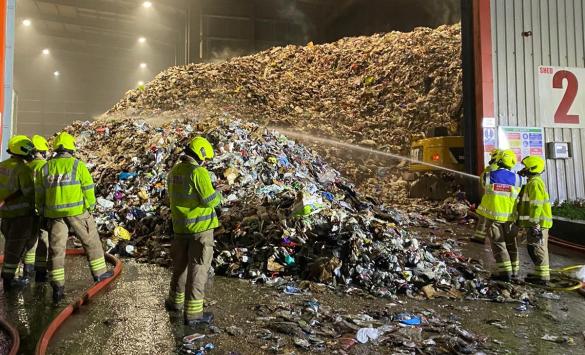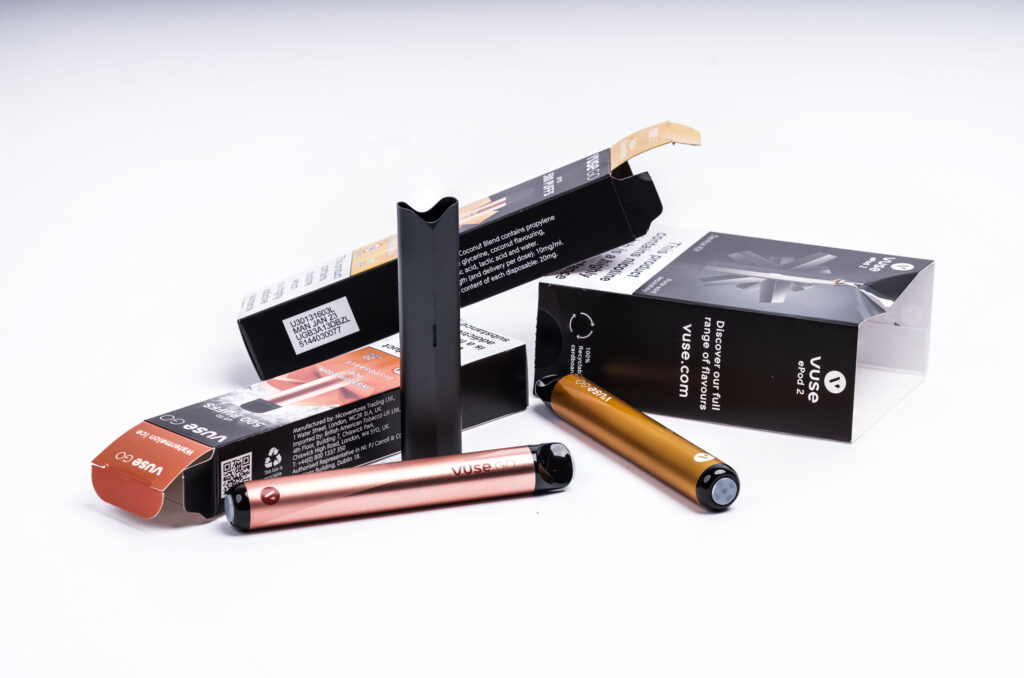Letsrecycle.com has heard from metal recyclers and waste paper merchants with many suffering transport delays. Some paper recyclers are also reporting wet stocks where these are not kept under cover and paper mills are expected to be especially vigilant for any signs of deteroriation in material.
However, composting companies appear to be suffering the worst.
One large business in Northern England told letsrecycle that it was having difficulty producing material and was also facing order cancellations and postponements.
A spokesman commented “We have had a large landscaping contract postponed until the spring with the client deciding to put the project on hold for five months.”
Another composting company said they expected compost prices to fall slightly as businesses needed to keep the material moving as autumn collections of material increase.
Trelawney Dampney, managing director of Dorset-based ECO-Composting, said the poor weather “had obviously made composting more difficult. We have to keep turning the windrows more often to allow the moisture to evaporate and this does put up costs.
“We are all hoping for two or three weeks of blue skies.”
Emily Nichols, technical manger for the Composting Association, said that composting heaps out in the open air should continue to decompose during periods of wet weather.
“The outer layer of a heap with sufficient structure-forming particles tends to become 'thatched', shedding rain more effectively than heaps containing of a higher proportion of putrescible materials.”
Ms Nichols said that it was important to get the feedstock mix right at the start which helped minimise the risk of excessive moisture infiltrating the heap.
She advised: “Adjusting the shape of the heap can help it shed water, although composters often face practical constraints. Once beyond 60% m/m moisture within the composting mass, conditions for aerobic microbes are less than ideal. Mechanical mixing or forced aeration of the heap should help reduce moisture, and the site surface should allow good drainage. Use of a gas-permeable membrane cover may be a cost-effective solution in high-rainfall areas.”
Composting firms hit hardest by wet weather
The flooding across the UK has hit a number of recycling businesses with composting operations worst affected.











Subscribe for free